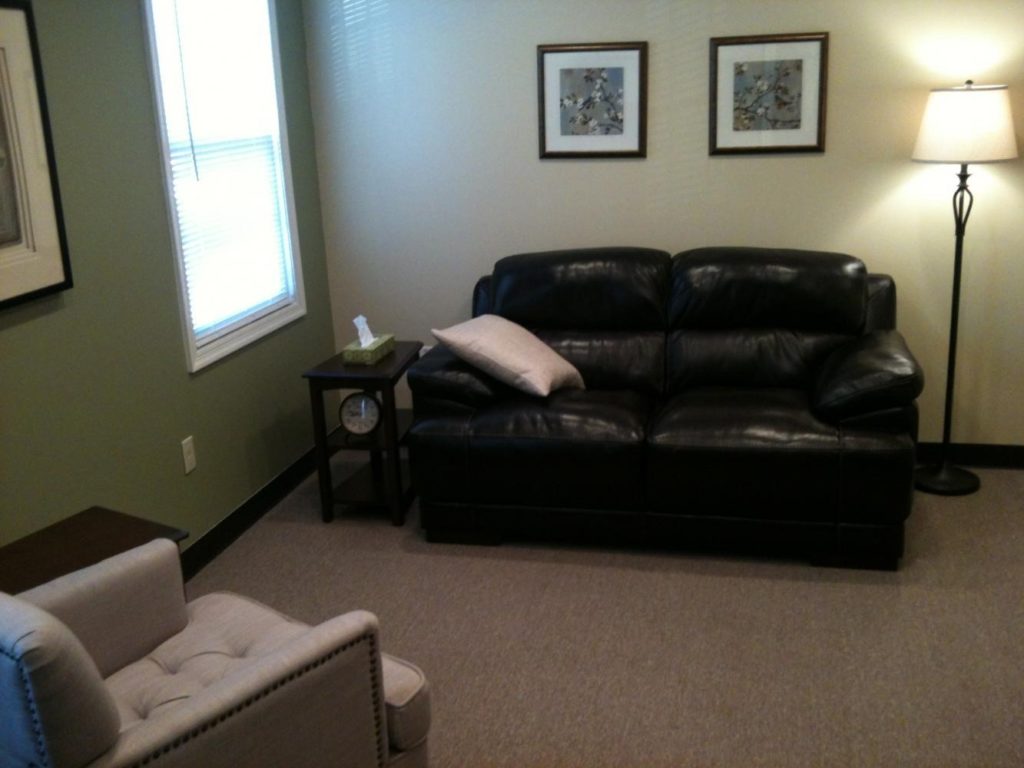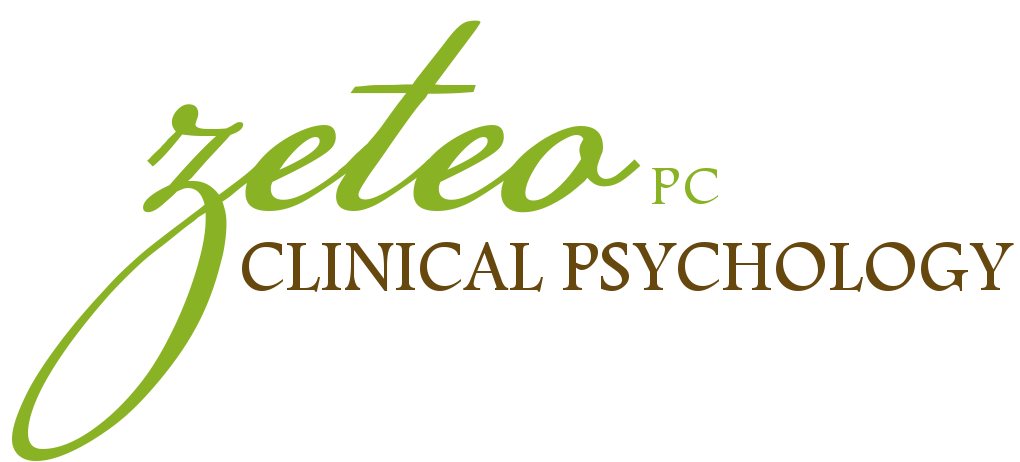What is therapy?
Looking into therapy does not mean you’re “crazy.” Therapy is a space to talk about and work though things on your mind. It’s a conversation and a relationship.
Psychotherapy is not easily described in general statements. It varies depending on the personalities of the psychologist and patient as well as the particular concerns you bring forward. Generally, it is a collaborative effort between us and requires active effort on your part.
The potential benefits of therapy include:
- feeling less distressed
- having fewer symptoms like anxiety or depression
- feeling more satisfied in relationships
- having greater personal awareness and insight
- managing stress more effectively
- resolving specific problems
Because the process of therapy often involves discussing the difficult aspects of your life, you may experience uncomfortable feelings at times or encounter difficult decisions. Therapy is a highly individualized, personal, and fluid process. We can speak transparently about your experience of therapy, including what is working or not working.
Getting started
On the phone or through email, I can answer any questions you have and get a sense of what your concerns are. If you choose, we can schedule a time to meet. I’ll email you information about the practice and confidentiality, as well as a History form you can complete and bring with you to our first appointment
At our first appointment, I’ll invite you to talk in more detail about what you’re dealing with and how you’re hoping therapy will help. I’ll share with you my thoughts and ideas about how I may be of help to you.
The first couple sessions involve an assessment of your needs and is a time when you can consider and decide if you are comfortable continuing our work together.
Sessions are typically 45-53 minutes long, usually on a weekly basis and more often if needed.



